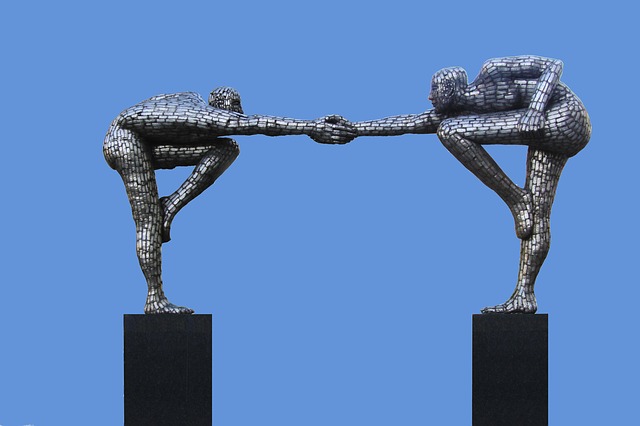By Sonja Klotz (Contributor) – Email

Often times in my personal life, I have heard various individual and academic opinions about “feminism” and gender equality. I see the discussion of gender as a philosophical discourse rather than just an applied study within the social-political sphere, and so the topic of gender, whether discussed between friends over a beer or in a university classroom, can never be over-exhausted.
Whether it is about gender roles, identity, or social-cultural norms, it is a question about human existence and how we relate to ourselves and each other. As I look back to when women began to voice their opinions about their place in society, I realize that these discussions of gender itself have only been taking place in the formal context for 167 years. For people in my generation, we grew up with ideas of gender justice and therefore have become somewhat immune to the radical aspects of feminism and gender itself. We as a society constantly need to re-conceptualize the notion of gender itself as science progresses, and perform psycho-social analysis of individuals’ journeys of self-identification.
I acknowledge that terms such as “feminism” and “privilege” get thrown about too often, which results in creating many misconceptions about true gender justice, and deterring people away from educational and empowering dialogues. However, it is these discussions that can inspire further discovery and learning about how diverse the human being can be.
Since the late 19th century, gender as a social construct has become more diverse in its definition. The idea of gender as a spectrum has recently become the primary construct amongst academic circles and political power-houses as laws change and social norms come into question. I believe that it is through these controversial discussions that people get a sense of purpose, identity, and belonging. To some people it may seem as if society is simply repeating itself with these conversations; however, I would argue that we need to constantly go back to our understanding of gender as our society rapidly progresses with its technology and social research. As our communities and societies change, our philosophies of existence — and identities — naturally change.
Today the World Health Organization defines gender as “to describe the characteristics, roles and responsibilities of women and men, boys and girls, which are socially constructed.” To add more of a sociological context to this abstract concept, Health Canada states that “Gender is relational-gender roles … through the relationships between women and men, girls and boys.” I believe that as relationships and societies change, the attributes and expectations of gender change, thus creating a need for constant dialogue between institutions of power and individual communities in whatever context it may be.
Gender is a powerful construct in every society, requiring exhaustive discussions about its meanings and applications. One way it can be applied is as a way to subordinate people by limiting their abilities to fully engage in certain spheres of society. One example is that women do not have access to education in certain parts of the world due to religious constructs of what it means to be a woman. Gender is also multicultural, as different cultures translate the biological sex into a social construct, thus creating certain roles and functions in their societies and cultural systems. Gender is an identity every human being can self-identify with, no matter where they fall on the social-cultural spectrum between man and woman.
Gender is often seen as the most basic study of power relations in all areas of society, whether it is in the private household or in the labourforce. A classic example is the division of labour between the binary spectrum of man and woman. In our Western society, women were traditionally expected to stay at home and take care of the household, while men were expected to work in the public sphere and be the primary breadwinner for their family. The problem that can occur is that if the family would divorce, then the woman would have no source of secure income, and would be at a higher risk of living in poverty due to the lack of social services and accommodations in their communities.
Furthermore, to be a divorced woman meant that they were a shame to society, whereas if a man was divorced they would still be able to live comfortably, despite the slight stigmatization that may occur after the fact. Here it is undeniably easy to see how the cultural expectations and social norms that are put on gender itself can definitely lead to other major social justice issues such as single women living in poverty and children not being provided adequate access to services like education, health and safe neighbourhoods. Even when talking about poverty or poor child development, gender norms are often a key driver behind these high rates in our communities.
Overall, we as a society have not exhausted the numerous discussions relating to gender as some may think. Because of the personal nature of the social construct and the contentious reactions that can occur from that, I believe there is much to be discovered and learned about as students, citizens, and leaders of our globalized society.
To say that the discussion around gender is overdone is to say that all basic human rights issues have been resolved. It is through the study of gender in which issues such as poverty, sexuality, and race are highlighted when looking at the social-cultural norms in society as a whole. When talking about gender, it is difficult to avoid any other critical social justice issues that pertain to the well-being and peacefulness of humankind.


